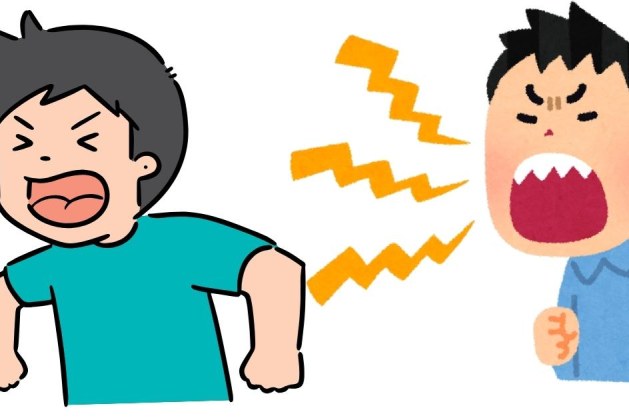When we think of onomatopoeia, we usually think of words that mimic the sounds they represent—like “buzz,” “clang,” or “sizzle.” These words make it easy for us to imagine the sound they describe just by hearing or reading them. But what about the word “shouted”? Is it an onomatopoeic word? Let’s explore this question.
What is Onomatopoeia?
First, let’s quickly define onomatopoeia. It refers to words that phonetically imitate or resemble the sound that they describe. Common examples include:
- Buzz – mimics the sound of a bee.
- Woof – mimics the sound a dog makes.
- Crash – imitates the sound of something breaking.
Onomatopoeic words help bring language to life by representing sounds directly in the form of words. These words evoke a sensory experience, allowing readers or listeners to connect more vividly with the action.
Is “Shouted” an Onomatopoeia?
The word shouted is not an onomatopoeic word. Unlike words such as buzz or sizzle, which directly mimic the sounds they describe, shouted is simply a past tense verb form of “shout,” which refers to the act of speaking loudly or forcefully. While shouting can produce a loud or harsh sound, the word itself does not imitate or resemble that sound.
In fact, shouted is a regular verb that follows typical grammatical patterns, and it is used to describe an action rather than the sound itself. For example:
- “She shouted across the room to get their attention.” Here, “shouted” describes the action of someone raising their voice, not the actual sound they made.
So, Why Isn’t “Shouted” Onomatopoeic?
Although the action of shouting may involve a sound that could be described using onomatopoeia (like yell or roar), the word “shouted” is simply a verbal description of the act, not the sound. For it to be considered onomatopoeic, the word itself would need to imitate the sound produced by shouting, but it doesn’t.
For example, words like yell or scream might come closer to being onomatopoeic because they evoke the sound of loud vocalizations. These words suggest the type of noise made when someone raises their voice. But even they are not perfect onomatopoeic words in the strictest sense. Instead, they are words that describe actions associated with loud sounds.
Examples of Onomatopoeic Words vs. “Shouted”
To further clarify, let’s compare a few words:
Onomatopoeic Words:
- Bang – mimics the sound of a loud impact or explosion.
- Whisper – mimics the soft, hushed sound of speaking quietly.
- Boom – imitates a deep, resonant sound, like thunder or an explosion.
Non-Onomatopoeic Words:
- Shouted – describes the act of speaking loudly but does not directly mimic the sound.
- Talked – describes the act of speaking but does not imitate any particular sound.
- Said – a neutral verb that refers to the act of speaking.
Conclusion
In short, “shouted” is not an onomatopoeia. It’s a regular verb that describes the action of speaking loudly, but it doesn’t imitate the sound itself. Onomatopoeic words are those that phonetically represent the sounds they describe, like buzz or clang, and “shouted” doesn’t fall into that category. However, shouting certainly involves a loud sound, and words like yell or roar might come closer to capturing that auditory experience.
So next time you think about onomatopoeic words, remember that while shouting may be loud and powerful, the word “shouted” is more about the action than the noise itself!




Leave a comment